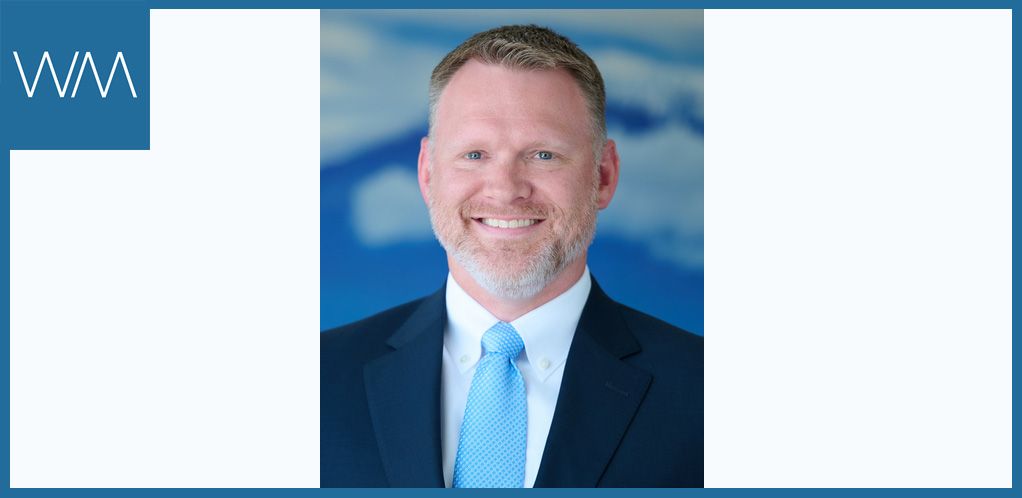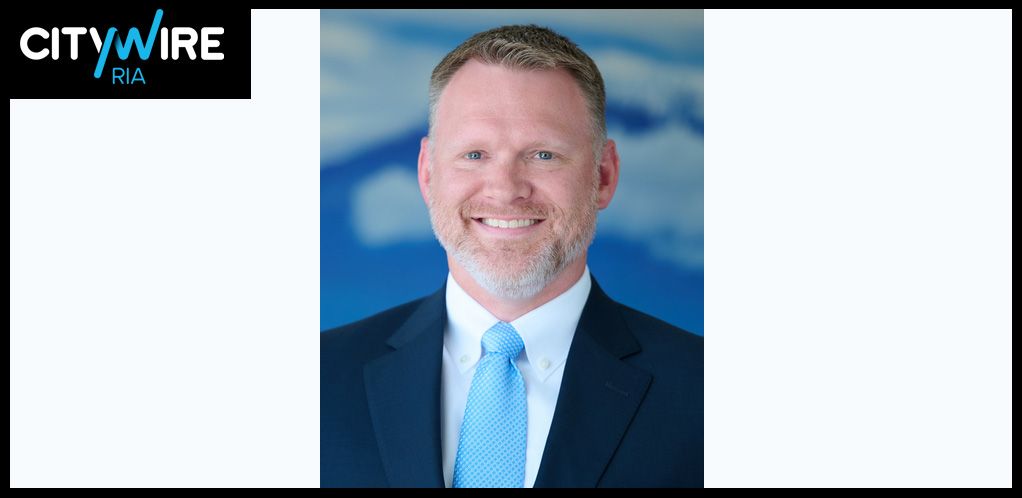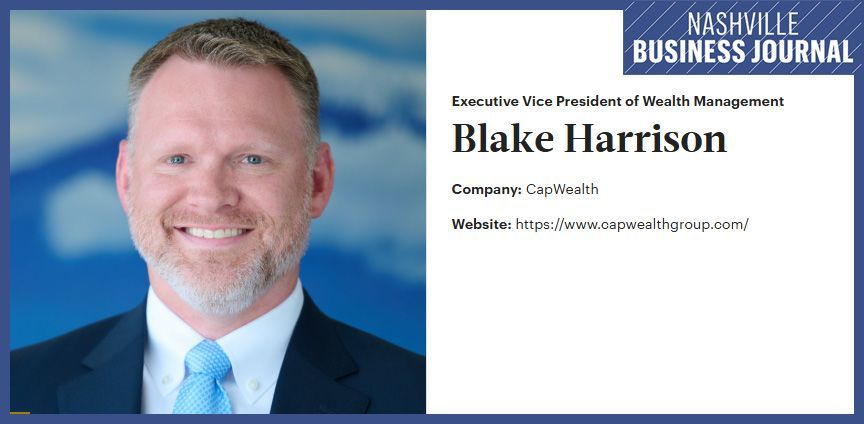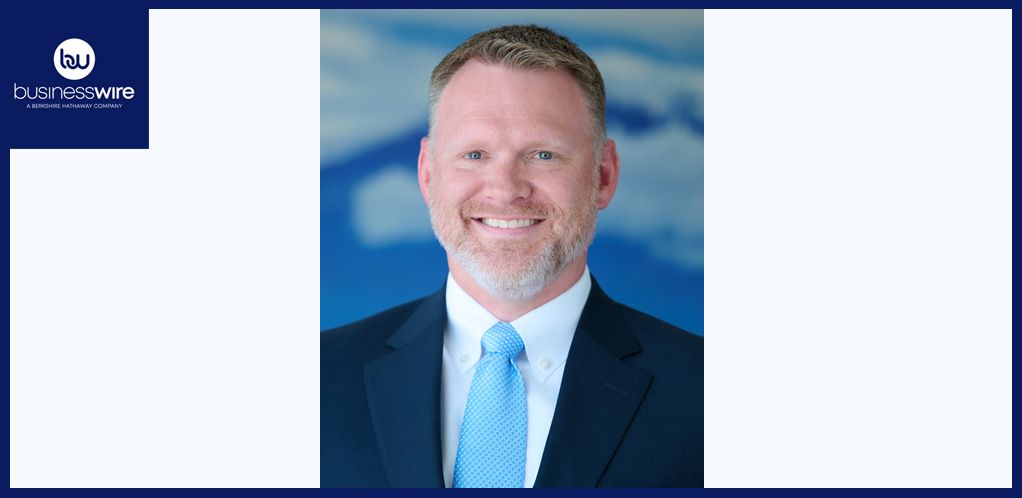The markets are more resilient than you think. Here's why
June 16, 2017
As the stock market marches on, setting new highs, some investors are starting to feel a little stress.
They can’t square the strong markets with the pandemonium that is the news: Terrorist attacks in Europe, North Korea edging closer to nuclear weapons, the Russian attempt to influence U.S. elections and Trump’s latest tweet, among others. Surely the markets are due for a correction, maybe even a crash, right? I should sell while the market is high before it’s too late!
That’s our emotions talking. Our “fight or flight” response. Our cognitive biases. I’m not saying they’re right or wrong, I’m saying beware. Be calm. Be self-aware. Because all those emotions and cognitive biases, they often don’t have a clue.
The markets are more resilient than you think
Two things to bear in mind. First, the financial markets and the global economy are more resilient than we think. Second, the returns of the average investor are astoundingly atrocious.
Exhibit 1: According to a study by InvestTech Research that looked at 11 major geopolitical events of the past century, only two — the Nazi invasion of France in May 1940 and Japan’s bombing of Pearl Harbor in December 1941 — led to market losses over one-week, three-month and one-year periods.
In the case of Pearl Harbor, the one-year decline was less than 1 percent. President Kennedy’s assassination? A year later, stocks were up more than 20 percent. Also worth noting, the bull markets of the last century have on average lasted longer than bear markets. But no matter how long they last, bull markets always end. The one we’re in now will too eventually.
Exhibit 2: People are generally terrible at predicting when the market will swing from bull to bear, bear to bull. According to the market research company Dalbar, the 20-year annualized returns by asset class from 1996 to 2015 is topped by REITs at 10.9 percent, followed by the S&P 500 at 8.2 percent.
At the bottom is oil, at 3.3 percent. The returns of the average investor? 2.1 percent. Incidentally, the rate of inflation during those two decades was 2.2 percent, which means the average investor really didn’t even break even.
Either know and trust thyself — or a good adviser
My point is that every investor should know thyself. Understand your own emotions and cognitive biases so that you recognize how they might steer you wrong. After knowing thyself, then trust thyself. Make sound, emotion-free decisions and have patience.
Trying to time the market by selling when you think it’s high and buying when you think it’s low has been many an investor’s very successful strategy for going broke. If you can’t trust thyself, then I highly recommend you find a good financial adviser and trust him or her.
Phoebe Venable, chartered financial analyst, is president and COO of CapWealth Advisors, LLC. Her column on women, families and building wealth appears every other Saturday in The Tennessean.













